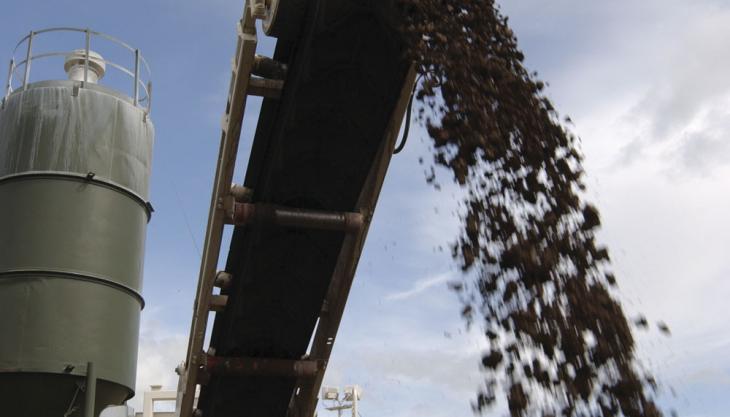Laying roads with a lighter footprint

Road builders around the world face ever tighter rules on energy use and CO2 emissions. Some national and local governments are also encouraging them to use more recycled asphalt. One company that has adapted a Shell energy-saving process to produce a road-surfacing material that will better meet these demands is Dutch construction firm Heijmans.
Heijmans have been using Shell’s WAM (warm asphalt mix) process to make asphalt at lower temperatures than conventional asphalt, thereby using less energy and reducing CO2 emissions. Now Heijmans and Shell have patented a way to incorporate a high percentage of old asphalt into it.
‘Our new product contains up to 60% old asphalt; more than the traditional approach,’ said Gerbert van Bochove, innovation manager at Heijmans. ‘And we prepare it about 50ºC cooler than conventional asphalt.’
The key to the breakthrough lay in the composition of a soft type of bitumen that the Shell WAM process uses to coat the sand and gravel. ‘The soft bitumen chemically breaks down the recycled asphalt without the need for high temperatures,’ explained Mr van Bochove. ‘So it allows us to recycle asphalt at lower temperatures.’
To give the resulting road surface the necessary performance qualities, a harder bitumen is also added to the asphalt mixture during its preparation. The harder bitumen mixes in easily at the lower temperature, because it is frothed up with water before it is added.
Heijmans worked with Shell for around a year to adjust the bitumen ingredients to make the Shell WAM foam process work with recycled asphalt.
The final product, Greenway LE asphalt, was recently laid on a test road along a railway line. Heijmans have now brought the product to the Dutch market and Shell hopes to license the manufacturing process in other countries in the future.



